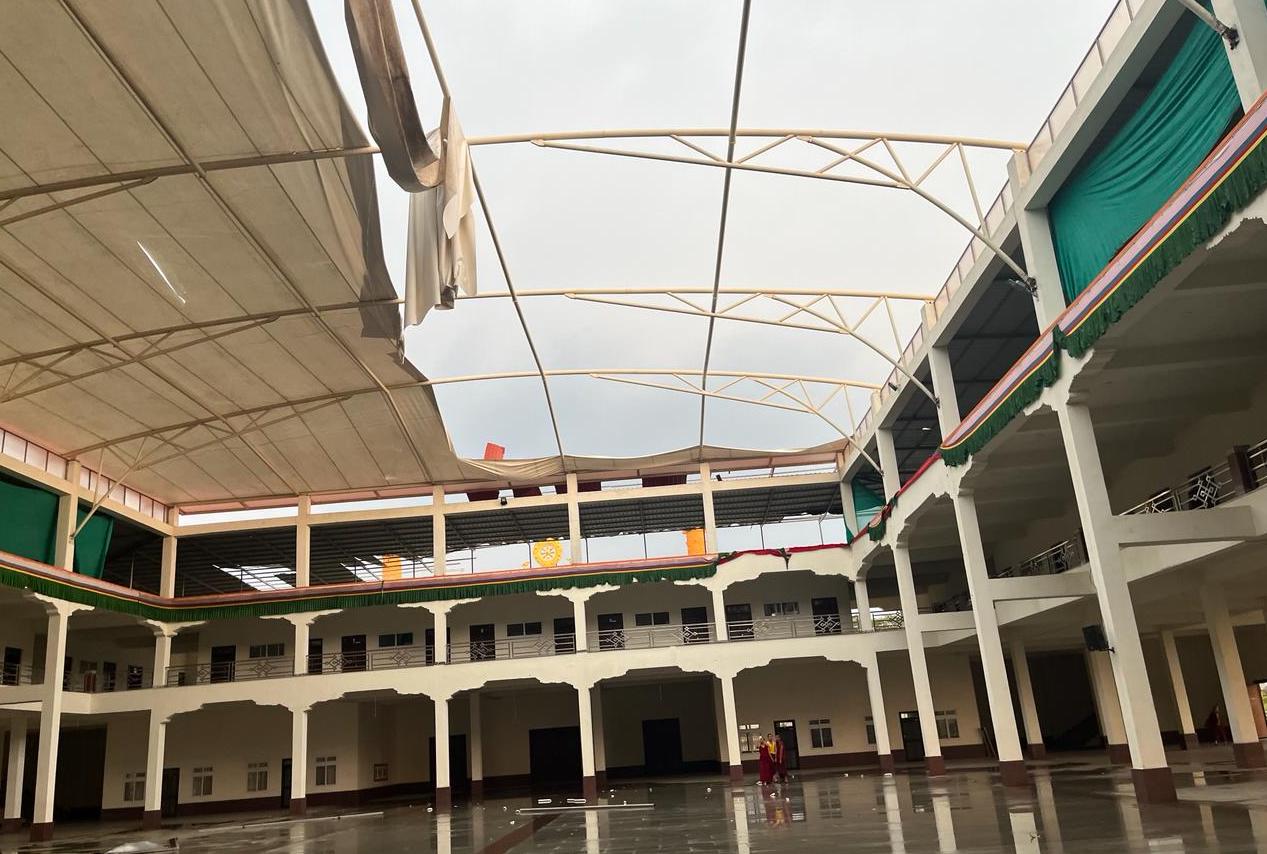 India’s remote northeastern state of Arunachal Pradesh urged the federal government to improve infrastructure along the border with China to meet any security threat from its neighbour.
India’s remote northeastern state of Arunachal Pradesh urged the federal government to improve infrastructure along the border with China to meet any security threat from its neighbour.
“We need to lay emphasis on constructing vital roads along our borders with China to meet any security threats,” Chief Minister Mukut Mithi told AFP by telephone from state capital Itanagar on Friday.
“New Delhi must come up with immediate plans to develop the poor infrastructure along the Sino-India border.”
The mountainous state shares a 1,030 kilometre (650 mile) unfenced border with China — known as the Line of Actual Control (LAC) — parts of which are disputed.
The Arunachal Pradesh government has been warning New Delhi about Chinese troops making forays across the border and Mithi said India and China should demarcate borders to prevent any confrontation.
“The two countries should start bilateral talks and demarcate the LAC properly so that both India and China know their own territory,” Mithi said.
The demand for an improvement of the infrastructure comes amid reports of China constructing a road along its border with Arunachal Pradesh.
“We don’t have problems with China constructing a road in its territory. But at the same time India should not be complacent,” Mithi said.
“Improving border roads in our territory would not only help in easy movement of troops, but enable trade and commerce between the two countries to flourish.”
India and China fought a bitter border war in 1962. Tensions flared again in 1986 with Indian and Chinese forces clashing in Arunachal Pradesh’s Sumdorong Chu valley.
India says China still holds 40,000 square kilometers (16,000 square miles) of its territory in Kashmir, while China lays claim to a wide swathe of territory in Arunachal Pradesh.
China has also begun a controversial 1,118-kilometre (650-mile) railway project, the first to link China with Tibet, which can currently be accessed only by air or via tortuous roads.
It will stretch from the Tibetan capital Lhasa to Golmud in western China and will be the world’s highest railway.
The Tibetan government-in-exile, based in India has warned China’s controversial plan could impact on India’s military and economic security.









